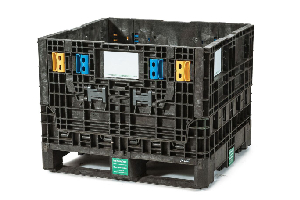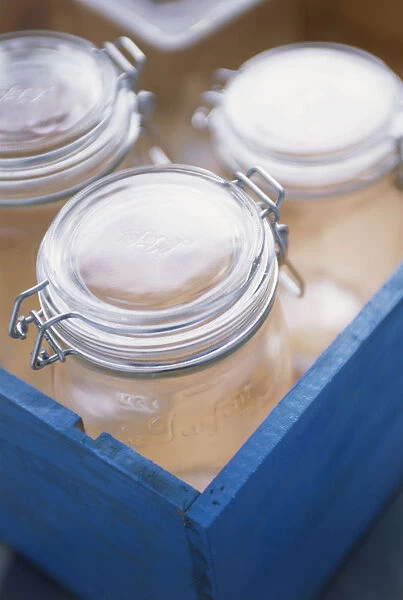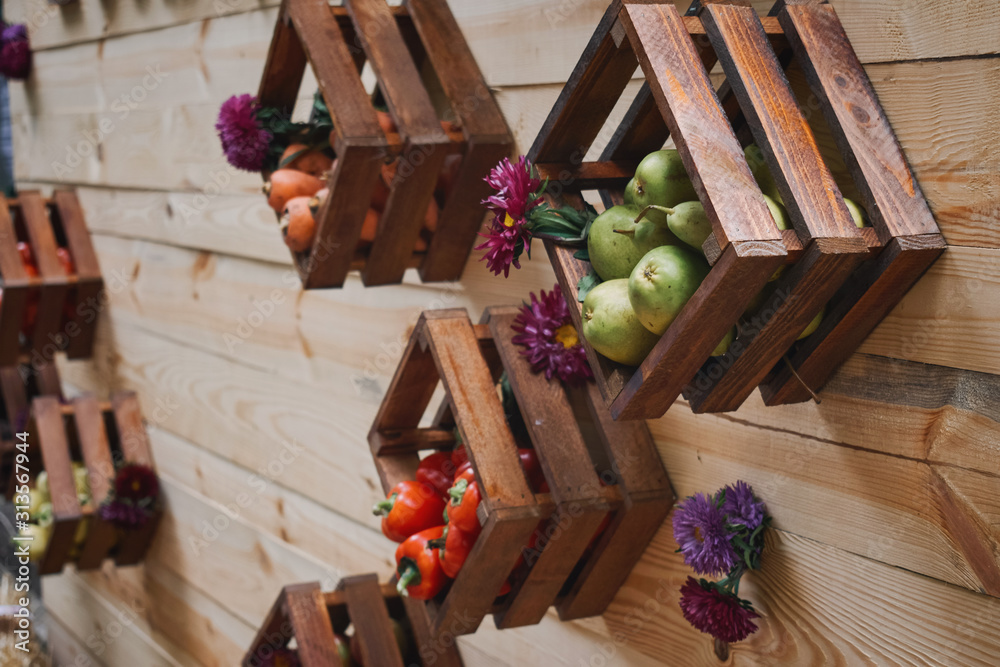Cut Prices with Used Bulk Plastic Containers: Reliable Storage at a Portion of the Rate
Cut Prices with Used Bulk Plastic Containers: Reliable Storage at a Portion of the Rate
Blog Article
Maximize Your Recycling Impact by Recycling Utilized Plastic Containers
The effect of recycling can be further enhanced by integrating the method of reusing utilized plastic containers (used bulk plastic containers). The possibilities are extensive, and the benefits are far-reaching, making the venture of making best use of reusing impact through reusing plastic containers a beneficial and intriguing avenue to check out.
Advantages of Reusing Plastic Containers
Reusing plastic containers not just reduces waste but additionally adds considerably to environmental sustainability. By deciding to reuse plastic containers rather than discarding them after a solitary use, people can play an important role in decreasing the need for brand-new plastic manufacturing. This practice straight converts to a reduction in the usage of resources, energy, and resources needed for manufacturing new containers.

Additionally, reusing plastic containers helps in lowering the quantity of plastic waste that ends up in land fills or contaminates our seas and natural environments. Plastic air pollution is a pushing international problem, and by prolonging the lifespan of plastic containers via reuse, we can reduce the damaging influence on the environment. Furthermore, recycling plastic containers can lead to a decline in greenhouse gas emissions related to the production and transportation of new plastic items.
Fundamentally, the straightforward act of recycling plastic containers can yield substantial ecological benefits by preserving sources, lowering waste, and lessening contamination, making it a useful and impactful sustainability technique for areas and people alike.
Innovative Upcycling Concepts for Containers
Thinking about the environmental advantages of extending the life expectancy of plastic containers via reuse, exploring creative upcycling ideas provides a cutting-edge strategy to more sustainability efforts. There are many innovative means to repurpose made use of plastic containers, adding to lose reduction and promoting eco-conscious actions. One creative idea is to transform vacant plastic containers right into self-watering planters by reducing the leading section of the bottle and producing a wicking system utilizing a cotton string. This not only provides a new life to the plastic bottle however also helps in effective watering of plants. One more upcycling concept is to utilize large plastic containers, such as washing detergent containers, as storage space containers for things like playthings, craft products, or also as makeshift planters for tiny interior yards. By repurposing these containers, people can minimize their environmental footprint while adding a touch of imagination to their day-to-day lives. Welcoming such upcycling initiatives can inspire others to reassess the way they check out and utilize plastic containers, relocating towards a more environmentally pleasant and lasting way of life.
Tips for Properly Cleaning Containers
Maintaining cleanliness in containers is important for making sure health and extending their usability. To correctly tidy made use of plastic containers, beginning by emptying any kind of staying contents and washing them with cozy water to eliminate food fragments and residue. For containers with stubborn discolorations or odors, produce a mix of equivalent parts water and vinegar or sodium bicarbonate and water, and allow it rest for a few hours before scrubbing and washing thoroughly. Stay clear of utilizing harsh chemicals or unpleasant scrubbers that can harm the plastic. Additionally, make certain to dry out the containers completely before storing them to avoid mold and mildew development. For containers with little openings or limited find this edges, think about making use of a bottle brush or tooth brush to reach all areas (used bulk plastic containers). Routinely inspect the containers for indications of damage, such as cracks or staining, and change them if needed to preserve appropriate hygiene requirements. By adhering to these cleaning tips, you can make best use of the life-span of your plastic containers and promote a much healthier atmosphere.
How to Shop Reused Containers Effectively

Impact of Recycling on the Setting
Recycling containers has a significant positive effect on the environment by decreasing waste and conserving resources. It aids in lowering the amount of plastic waste that ends up in seas or landfills when containers are reused rather of being thrown out after a solitary usage. By expanding the lifecycle of these containers, less new ones need to be produced, bring about a decrease in the usage of resources and power needed for manufacturing. This preservation of resources plays a vital duty in minimizing the environmental impact related to plastic production.
By recycling plastic containers, the need for new production reductions, resulting in reduced emissions associated with the production and transportation of brand-new products. Overall, the environmental advantages of recycling containers are substantial and play an important duty in advertising sustainability and decreasing the impact of plastic on the planet.
Conclusion
In final thought, reusing utilized plastic containers can substantially reduce waste and Go Here lessen the environmental effect of single-use plastics. By creatively upcycling containers, correctly cleaning them, and successfully keeping them, people can optimize their recycling efforts and add to a much more lasting future. Making a conscious effort to reuse plastic containers not just benefits the setting but also motivates an extra environment-friendly way of living overall.

Report this page